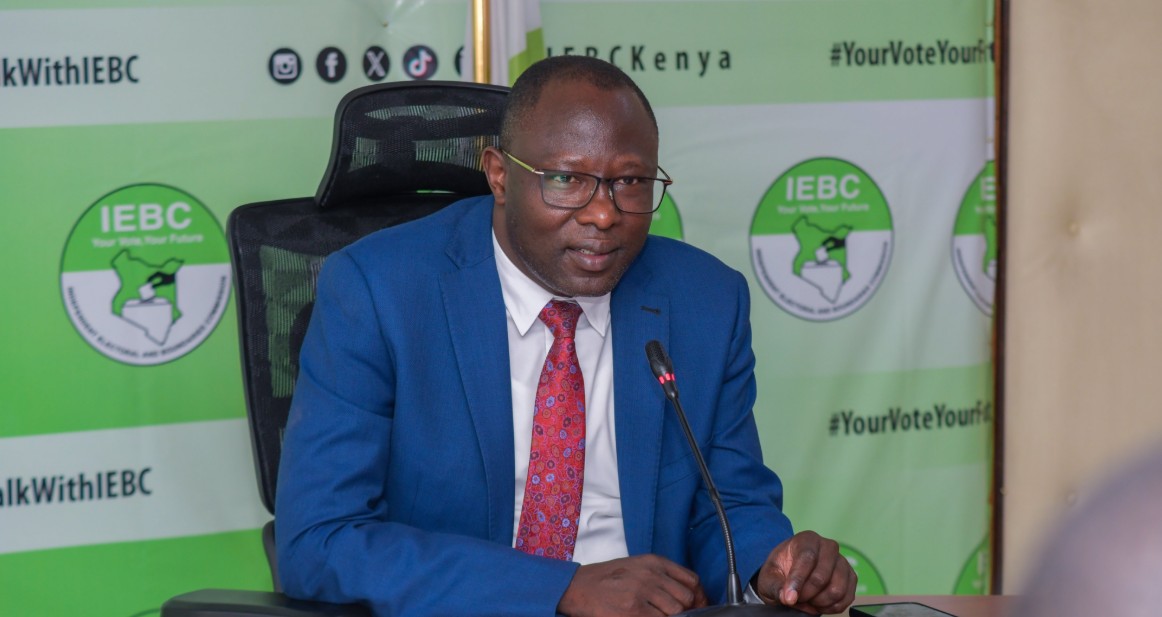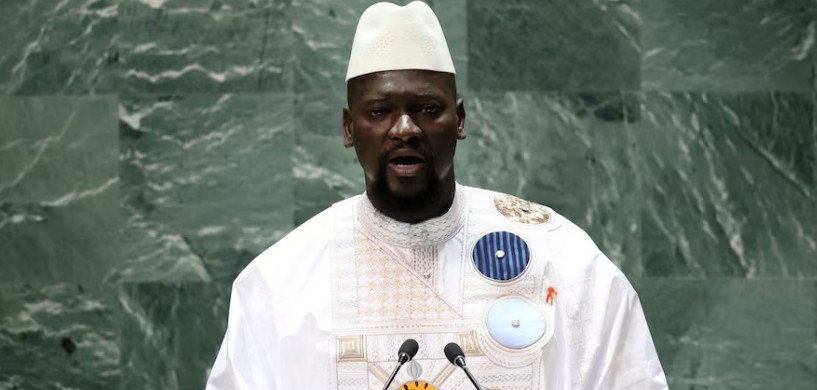High Court declares ban on Nairobi CBD protests unconstitutional

The Katiba Institute challenged the directive in court, arguing that it was issued at the height of the Gen Z protests and that Kanja had overstepped his authority by unilaterally determining the conditions under which constitutional rights could be exercised.
The High Court has declared a directive barring protests in Nairobi’s central business district unconstitutional, ruling that it does not meet the constitutional threshold.
In a ruling on Thursday, Justice Bahati Mwamuye found that Inspector General of Police Douglas Kanja’s directive, which sought to impose restrictions on the right to protest under Article 37 of the Constitution, was overly broad and did not align with the requirements set out in Article 24.
More To Read
- Morocco charges 2,480 in Gen-Z protests over poor governance, health and education
- Should Nairobi be a county? The capital city's management crisis that refuses to go away
- Madagascar military backs protests, installs new army chief amid anti-government uprising
- Motion filed to force Nairobi contractors to repair damaged roads
- Madagascar President appoints military general as prime minister amid mass protests
- Nairobi gives property owners 14 days to repaint, clean up their buildings
The judge also nullified a press statement issued by Kanja on July 17, 2024, terming it unconstitutional and invalid.
“The directive was overly broad, blanket, and omnibus in nature,” Mwamuye ruled, stating that it failed to satisfy the constitutional standards that govern limitations on rights and freedoms.
The directive prohibited all demonstrations within Nairobi’s CBD and its surrounding areas. It also required that protests, picketing, or public gatherings have a designated leader to coordinate with the police.
The Katiba Institute challenged the directive in court, arguing that it was issued at the height of the Gen Z protests and that Kanja had overstepped his authority by unilaterally determining the conditions under which constitutional rights could be exercised.
Mwamuye ruled that such blanket restrictions undermine the freedoms guaranteed under Article 37, which protects the right to assemble, demonstrate, and picket peacefully.
Following the ruling, the Law Society of Kenya (LSK) welcomed the court’s decision, terming it a crucial step in upholding constitutional rights.
LSK President Faith Odhiambo said the judgment affirmed that the National Police Service (NPS) could not unilaterally redefine rights enshrined in the Constitution.
“The court has debunked the idea propagated by the police that protests are subject to having a known, identified individual as a leader,” she said, arguing that such a requirement would have endangered those identified as leaders and discouraged Kenyans from exercising their rights.
Odhiambo further criticised what she described as an attempt to postpone constitutional rights indefinitely based on police discretion, warning that such actions posed a serious threat to civil liberties.
“This judgment sets a progressive precedent for our human rights context, especially considering the increasing impunity of the police and contempt for the rights of the people,” she said, adding that it reinforced the need for public officials to remain accountable to the law.
Top Stories Today













































